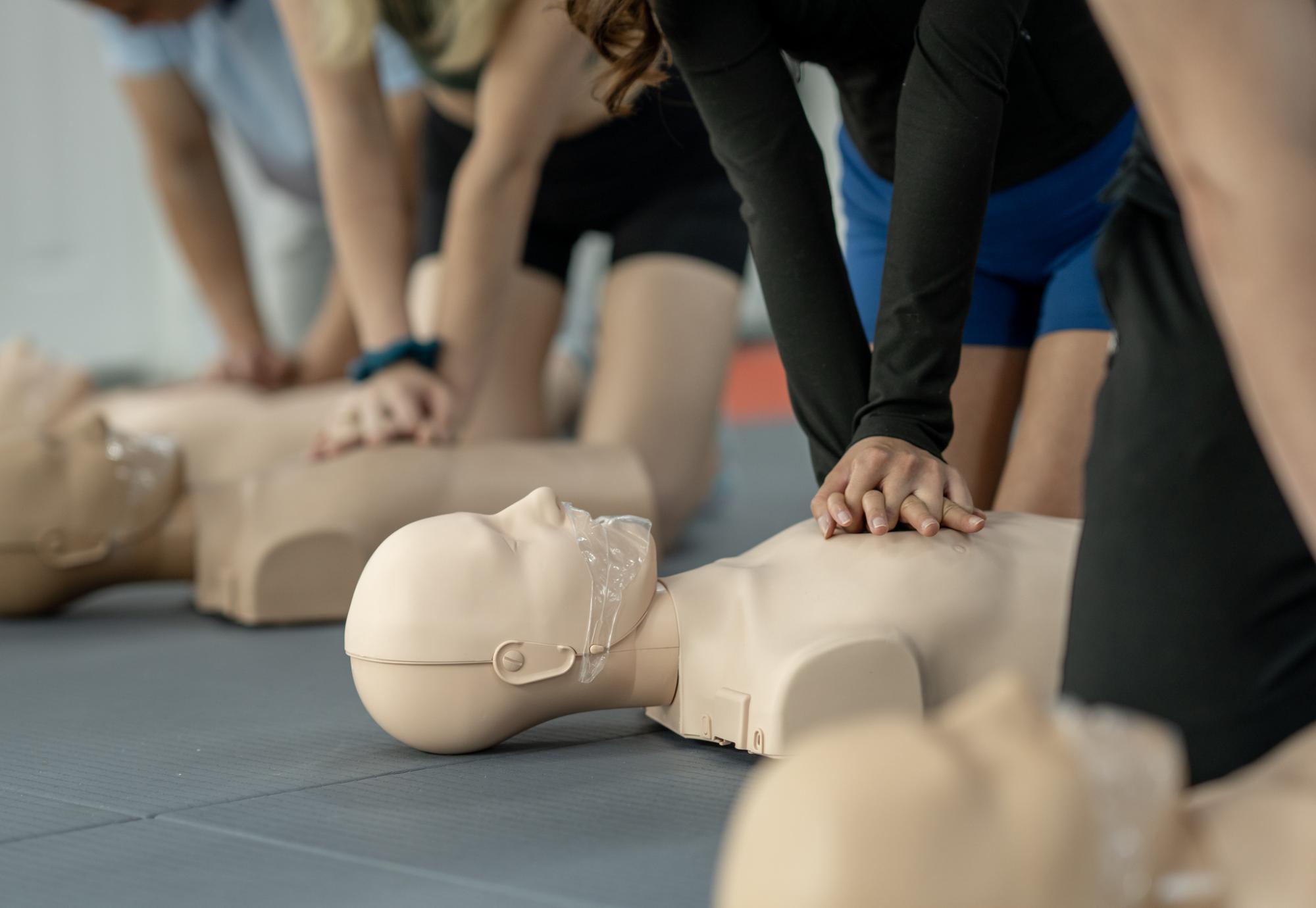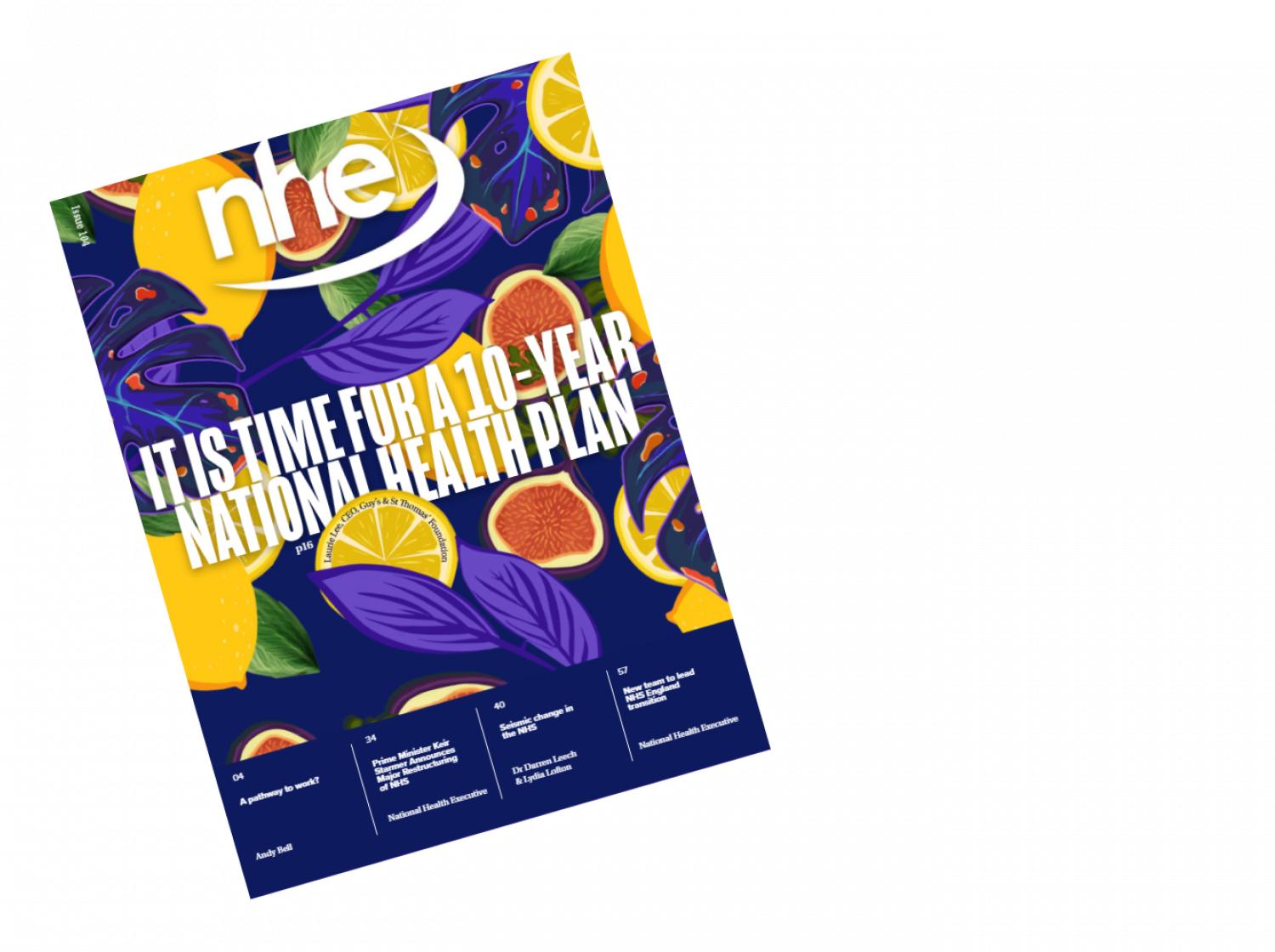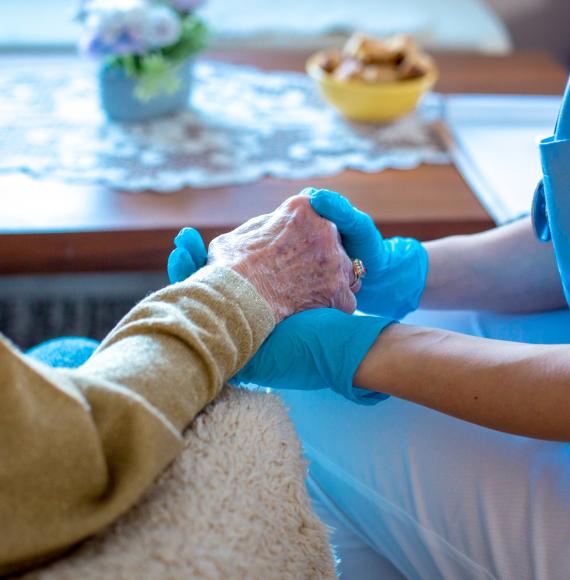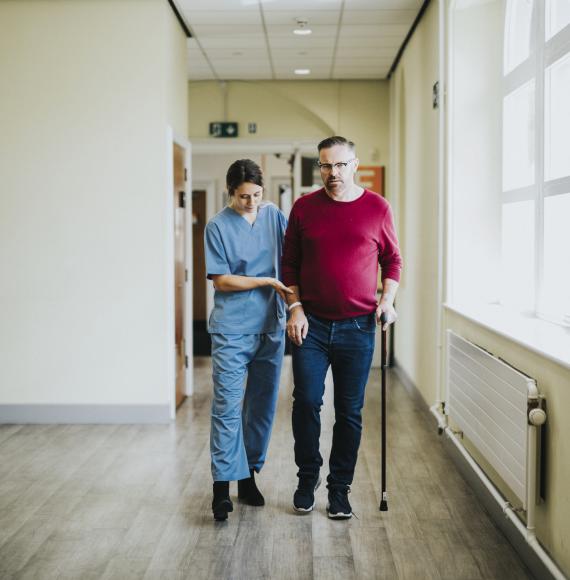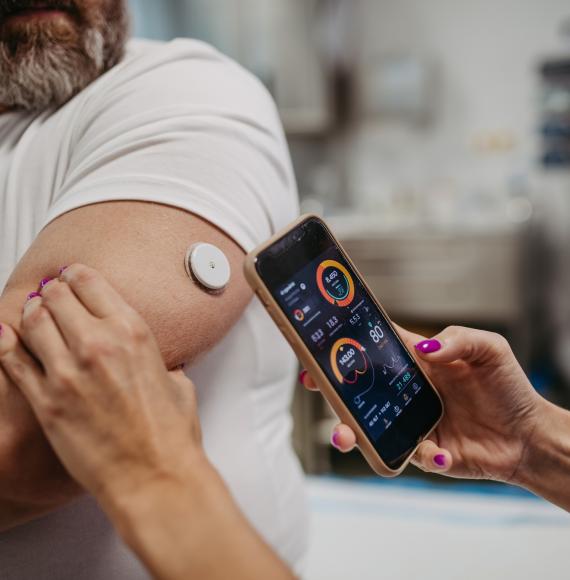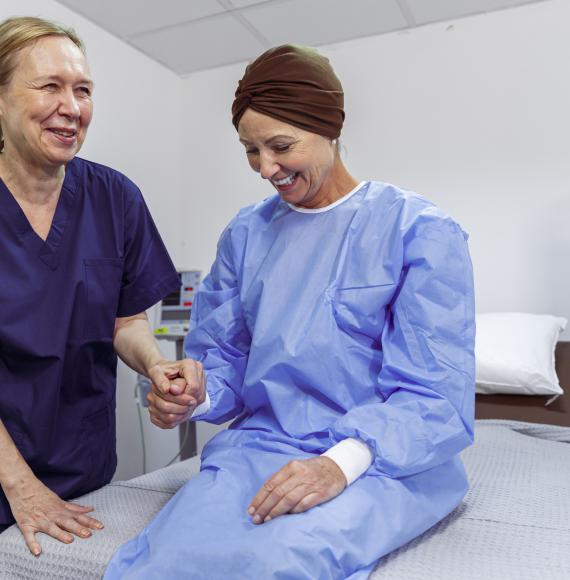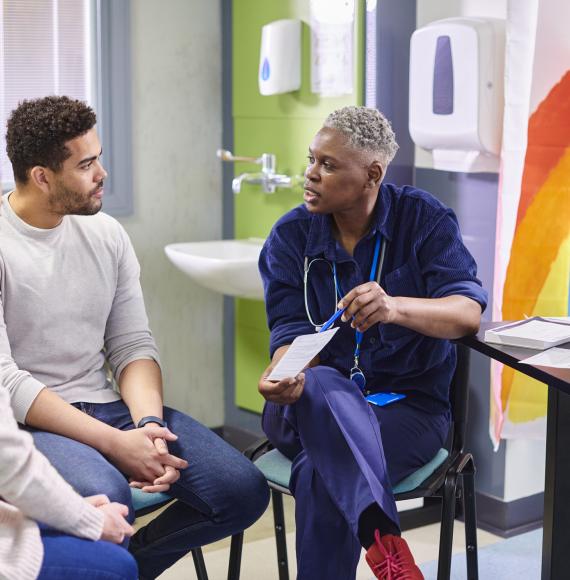As the UK marks Restart a Heart Day, NHS Charities Together is highlighting the country’s persistently low out-of-hospital cardiac arrest survival rates – stuck at around 10% for over a decade, despite affecting over 40,000 people annually.
New research shows that fewer than 3 in 10 people feel confident to intervene during a cardiac emergency. With three-quarters of cardiac arrests occurring at home, early CPR and defibrillation can more than double survival chances, but too few people are trained or confident to act.
To address this, NHS Charities Together is launching a £1.94 million grant programme for all 14 NHS ambulance charities across the UK. The funding will:
- Train at least 24,000 people in CPR
- Support thousands of first responder volunteers
- Deploy up to 6,000 units of life-saving equipment, including defibrillators and community response vehicles
The fund builds on £7 million previously awarded through the charity’s Covid-19 Urgent Appeal, and will target areas with low survival rates and limited access to defibrillators.
NHS Charities Together CEO, Ellie Orton OBE, commented:
“Despite advances in medical science, survival rates for out-of-hospital cardiac arrests in the UK are still shockingly low – and one of the most effective ways to change this is by strengthening the community response on all fronts. We’re proud to be able to provide funding that has the potential to save thousands of people across the UK.”
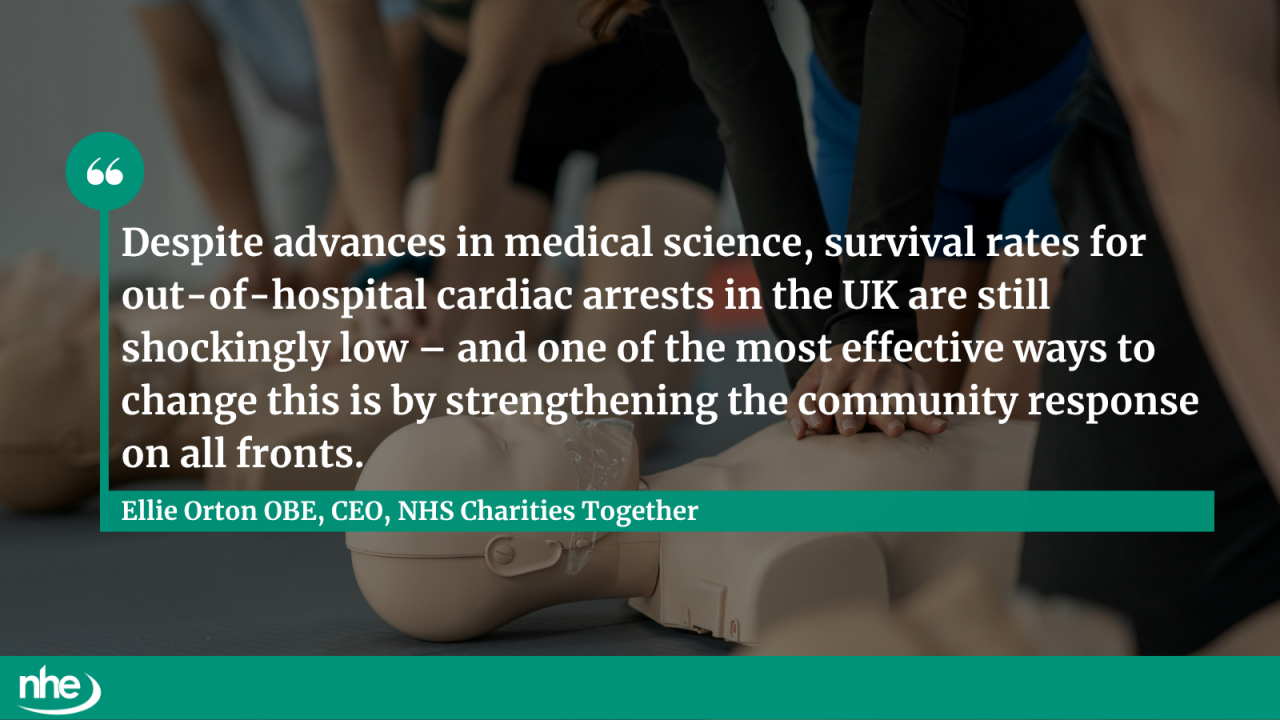
Funded projects include the expansion of CPR training in Scottish schools, a video call CPR assistance pilot in the East of England , and more Community Response Vehicles in the South West
The charity is also working with AACE and other partners to implement recommendations from its OHCA health inequalities report, including the national rollout of CPR training as part of the UK driving licence requirement. From early 2026, CPR and defibrillator questions will be added to the driving theory test, helping embed life-saving knowledge across the population.
Zoe Larter, South Western Ambulance Service NHS FT’s Head of Charity, also said:
“We know that supporting volunteer first responders and local communities to act fast in a medical emergency can help saves lives, while also easing pressure on a busy ambulance service. Thanks to funding from NHS Charities Together, we’ve been able to provide volunteer and community training, enhanced equipment, and community response cars – helping to reduce ambulance callouts across the region by 14%, when a community response car is first on scene. We are now building on this progress, to help provide better patient care across the South West.”
Together, these efforts aim to empower communities, ease pressure on emergency services, and improve survival rates for cardiac arrest across the UK.
Image credit: iStock

